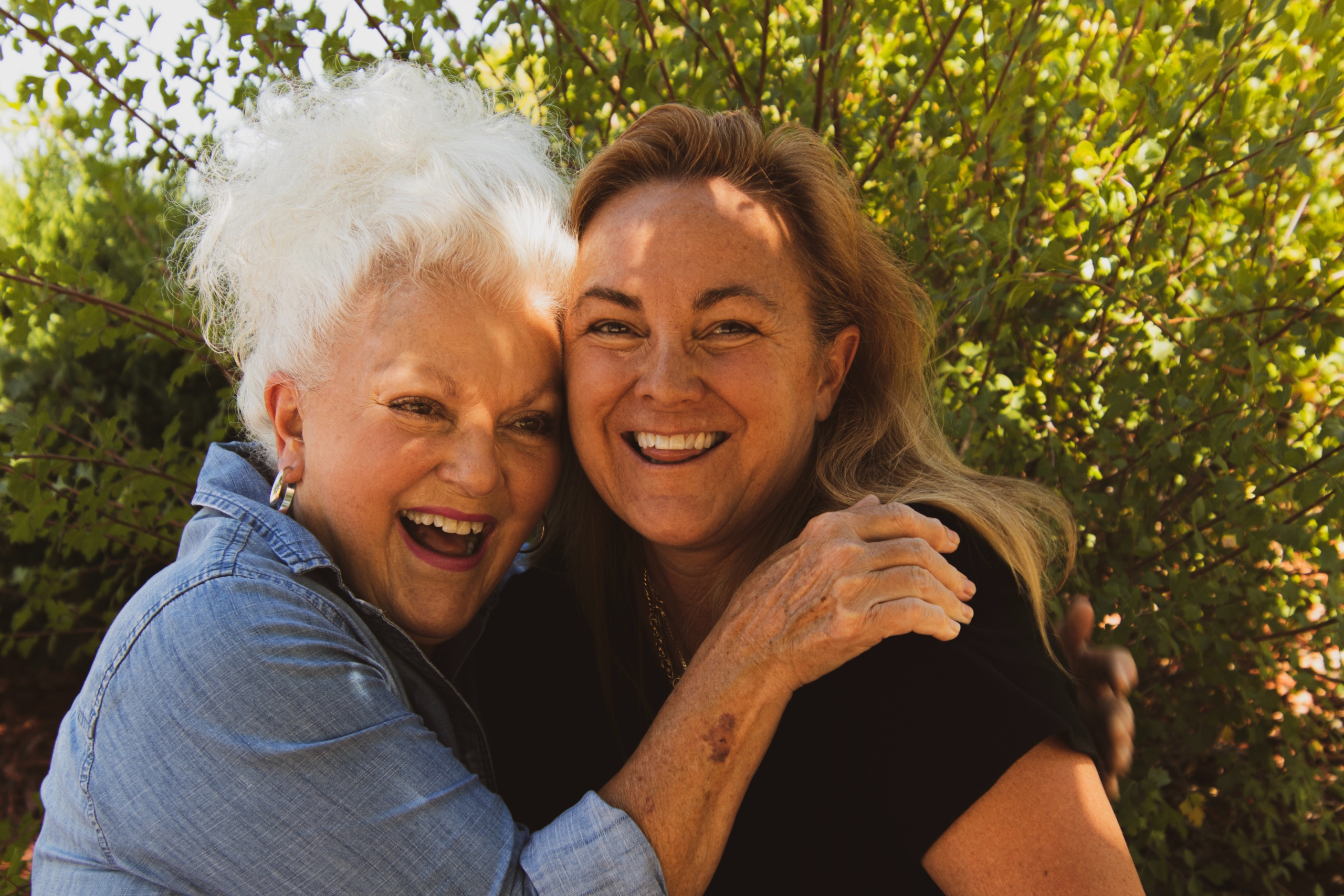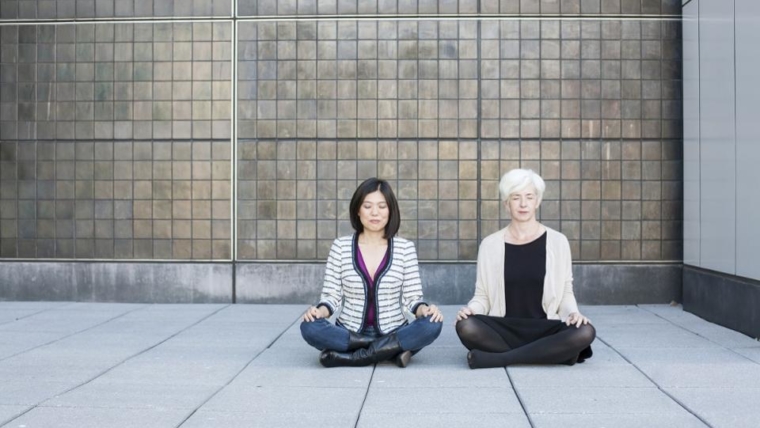
By LISA HORN
Menopause can feel like your body and brain have turned against you. But there are things you can do to ease this transition.
Menopause marks the end of a woman’s reproductive years and occurs when she has gone 12 consecutive months without a menstrual cycle, according to the Cleveland Clinic. The months and sometimes years leading up to menopause, called perimenopause, are often when women will start experiencing symptoms, said Dr. Abbey Oshel, a family medicine physician with Liberty Hospital’s Primary Care Shoal Creek Clinic.
Perimenopause can begin eight to 10 years before menopause and usually starts in a woman’s 40s but can begin in her 30s also. During this time, women are still having periods and can get pregnant, according to the Cleveland Clinic. The timeframe lasts approximately four years but can vary for each woman.
Symptoms most commonly experienced during perimenopause and menopause are night sweats, hot flashes, mood changes, fatigue, weight and metabolism changes and sleep disruption.
Hot flashes can be triggered by hot weather, caffeine, smoking, stress and anxiety, tight clothes, alcohol and spicy foods. While some of these things aren’t totally avoidable, understanding their effect can be helpful. According to the Cleveland Clinic, losing weight, dressing in layers, and keeping your bedroom cool at night can help prevent hot flashes.
Other symptoms associated with perimenopause and menopause include skin, hair and nail changes, vaginal dryness, urinary issues like stress incontinence and a decrease in sex drive.
In addition, decreasing estrogen levels during menopause can impact your cardiovascular health and bone strength. These declining levels can change the way your body processes cholesterol, which can contribute to heart disease, according to the Cleveland Clinic.
This loss of estrogen accelerates the loss of bone density, which can lead to osteoporosis and an increased risk of fractures. Routine screening and testing should be done to monitor for these issues and inform any preventive steps to be taken, Oshel explained.
Oshel said recognizing that menopause is a normal process and sharing what you’re going through is important. Changing the way you’ve always done things may be difficult but can be helpful to feel better.
“I have a lot of female patients who are frustrated with their weight and going through a hormonal change can make the diet you may have always eaten suddenly cause the weight to increase,” Oshel said. “You may have to try new food restrictions and adapt your exercise plan to compensate for the metabolism changes.”
There are hormonal and non-hormonal prescription medications available to address the physical symptoms of menopause, as well as some over-the-counter herbal supplements that can be helpful, Oshel said.
Treatment during this time is targeted at decreasing certain symptoms and while they won’t prevent menopause from happening, it can improve quality of life during these changes, Oshel said.
Hormone-based treatments can be helpful but are not for everyone. There are risks associated with HRT, so having a conversation with a provider who knows your medical and family history is very important.
And just because something is “natural,” doesn’t always mean it’s safe, Oshel said. Some over-the-counter herbal supplements can interact with other medications, so be sure to check with your provider or pharmacist.
“I often tell my patients to bring their bottles of medication with them to their appointments so we can go through each ingredient,” Oshel said. “There are also some ‘off-label’ uses for medications that may not have been created specifically for menopause, but we have found they have other beneficial uses to target certain symptoms.
So even if you are not a candidate for HRT (hormone replacement therapy), there may still be other options.”
Some studies also show acupuncture can help relieve symptoms. Exercise, engaging in a creative outlet, meditation and staying connected with family and friends also can help with mood changes and other symptoms of menopause.







